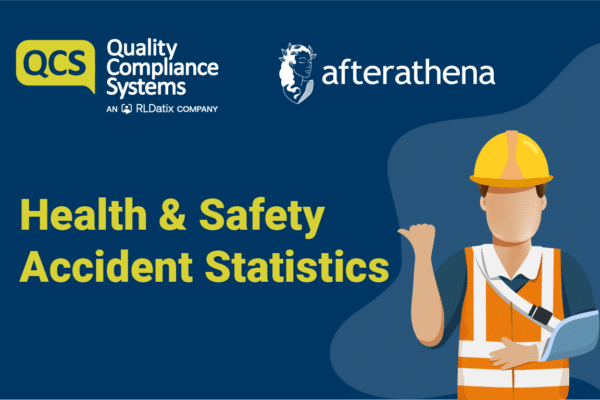 Care.data
Care.data
The Department of Health in England is scrapping Care.data. It was a programme of work led by NHS England and the HSCIC which intended to bring together securely, health and social care information from different settings in order to see what is working really well in the NHS and what could be done better. It aimed to extract information from every patient’s GP record and put it on a giant database for analysis in the hope of improving patient care. Since its intended launch two years ago it has been a controversial data sharing project, faced widespread criticism and the public have felt very much in the dark about it, including fears of where the information could end up.
Good Intentions
The project did have some very good intentions of collecting and connecting information nationally to help us to better understand diseases and develop drugs and treatments that can change lives and understand patterns and trends in public health and disease to ensure better quality care is available to everyone. It also wanted to help in the planning of services that make the best of limited NHS budgets for the health and wellbeing of everyone, monitor the safety of drugs and treatments, and compare the quality of care provided in different areas of the country.
What Went Wrong?
Whilst the concept had the backing of medical organisations, charities and patient groups the first disaster was the leaflet drop, intended to inform patients about Care.data, with as many as two thirds of people claiming they hadn’t received any information. Another problem was the video animation which was only available on YouTube and NHS England’s website. There was no national TV campaign or press conference either. There simply wasn’t enough information provided, including how far the data would be used, and the project was put on hold amid widespread concern.
The Caldicott View
The decision to pull the plug on the project altogether follows a nine month review by Dame Fiona Caldicott. As part of the review she made a number of recommendations to protect patient data, basing them on a need for patient’s trust. She said “Citizens have the right to know how their data is Safeguarded. They should be included in the potential benefits that responsible use of their information can bring.” Whilst patient data can be invaluable for identifying poor care, recognise trends in diseases and potentially open up new cures, we cannot readily share patient’s most private information without their informed willingness to agree, and without the necessary safeguards in place to prevent it from becoming the next Royal Free controversy.






